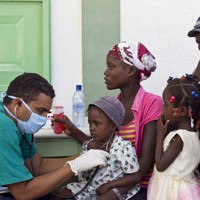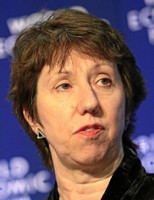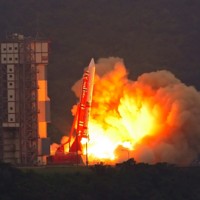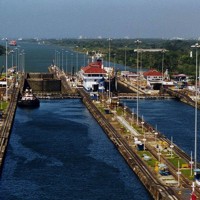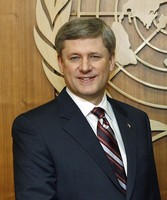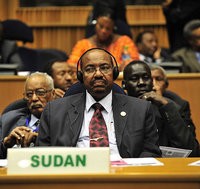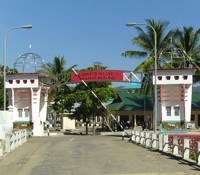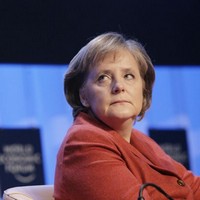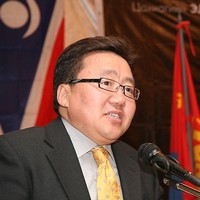
U.S. Secretary of State Hillary Clinton visited Mongolia on Monday on the second day of her Asia tour intended to boost U.S. economic engagement with the region. She praised the Asian country as a model of democracy and called it an “inspiration.” By visiting Mongolia, Clinton aimed to put to rest the idea that democracy is a Western ideal in conflict with Asian values, explained Stephen Noerper, senior vice president of the Korea Society. “It provided the U.S. with an opportunity to acknowledge and congratulate Mongolia on its path toward democracy and to quietly acknowledge the fragility of that and […]

